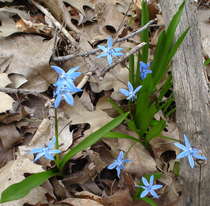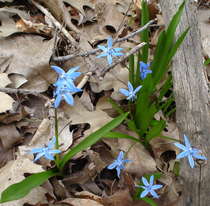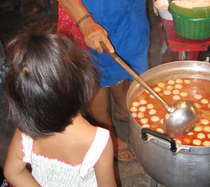 PHOTO: NASA Eternal Spirit,
PHOTO: NASA Eternal Spirit,
Life-Giver, Pain-Bearer, Love Maker,
Source of all that is and that shall be,
Father and Mother of us all,
Loving God, in whom is heaven:
The Hallowing of your Name echo through the universe!
The Way of your Justice be followed by the people of the world!
Your Heavenly Will be done by all created beings!
Your Commonwealth of Peace and Freedom sustain our hope and come on earth!
With the bread we need for today, feed us.
In the hurts we absorb from one another, forgive us.
In times of temptation and test, strengthen us.
From trials too great to endure, spare us.
From the grip of all that is evil, free us.
For your reign is the glory of the power that is love, now and forever. Amen.
Version of the Lord’s Prayer
Jim Cotter in the New Zealand Book of Common Prayer
In today’s gospel, Matthew 6:7-15, Jesus admonishes his disciples not to babble on and on when they pray as the pagans do. Since God already knows their needs, their prayer can be simple. Jesus then teaches them the prayer we call the “Our Father” or “The Lord’s Prayer.”
Years ago, while attending a writing workshop/retreat directed by Madeliene Le’Engle, I was introduced to the above version of the prayer as we gathered each evening to pray compline.
The New Zealand Prayer Book, He Karakia Mihinare o Aotearoa, was published in 1989 for the province of Aotearoa, New Zealand, and Polynesia, and incorporates Maori text and elements of indigenous culture, sensitivity to creation, and direct simplicity of language and expression. It has become a popular prayer book around the world.
The unique phrases and language served as a “whack on the side of the head,” helping me to look with fresh eyes at a prayer so often on my lips that its words tumble out without engaging my brain and more importantly, my heart.
I am not saying that every time I prayer the Our Father familiarity renders it simply a rote recitation, but there is something to be said for attempting to word this great mystery in a new way.
I particularly love the image of heaven being “in” God, and that of God’s name echoing through the universe. The choice of words brings the hallowing of God’s name into the never ceasing present.
Amine.
© 2011 Mary van Balen

 PHOTO: Mary van Balen
PHOTO: Mary van Balen 

 PHOTOS: Mary van Balen For I was hungry and you gave me food; I was thirsty and you gave me drink; I was a stranger and you made me welcome; naked and you clothed me, sick and you visited me, in prison and you came to see me.…And the King will answer, I tell you solemnly, in so far as you did this to one of the least of these, you did it to me.
PHOTOS: Mary van Balen For I was hungry and you gave me food; I was thirsty and you gave me drink; I was a stranger and you made me welcome; naked and you clothed me, sick and you visited me, in prison and you came to see me.…And the King will answer, I tell you solemnly, in so far as you did this to one of the least of these, you did it to me. Images of anguish from Japan played in my head as I munched my breakfast. I cannot share biscuits, but in today’s world, response that can send food and water to those suffering from the earthquake and tsunami is a click of a “donate” button away.
Images of anguish from Japan played in my head as I munched my breakfast. I cannot share biscuits, but in today’s world, response that can send food and water to those suffering from the earthquake and tsunami is a click of a “donate” button away. PHOTO: Mary van Balen For thus says the Lord, the Holy One of Israel: Your salvation lies in conversion and tranquility, your strength will come from complete trust. The Lord is waiting to be gracious to you, to rise and take pity on you, for the Lord is a just God. Happy are all who hope in him.
PHOTO: Mary van Balen For thus says the Lord, the Holy One of Israel: Your salvation lies in conversion and tranquility, your strength will come from complete trust. The Lord is waiting to be gracious to you, to rise and take pity on you, for the Lord is a just God. Happy are all who hope in him.
 In the eyes of God our Father, pure unspoilt religion is this: coming to the help of orphans and widows when they need it, and keeping oneself uncontaminated by the world.
In the eyes of God our Father, pure unspoilt religion is this: coming to the help of orphans and widows when they need it, and keeping oneself uncontaminated by the world. PHOTO: Mary van Balen In the morning let me know your love, O Lord.
PHOTO: Mary van Balen In the morning let me know your love, O Lord. PHOTO: Mary van Balen
PHOTO: Mary van Balen  PHOTO: Mary van Balen
PHOTO: Mary van Balen  PHOTO: Mary van Balen
PHOTO: Mary van Balen